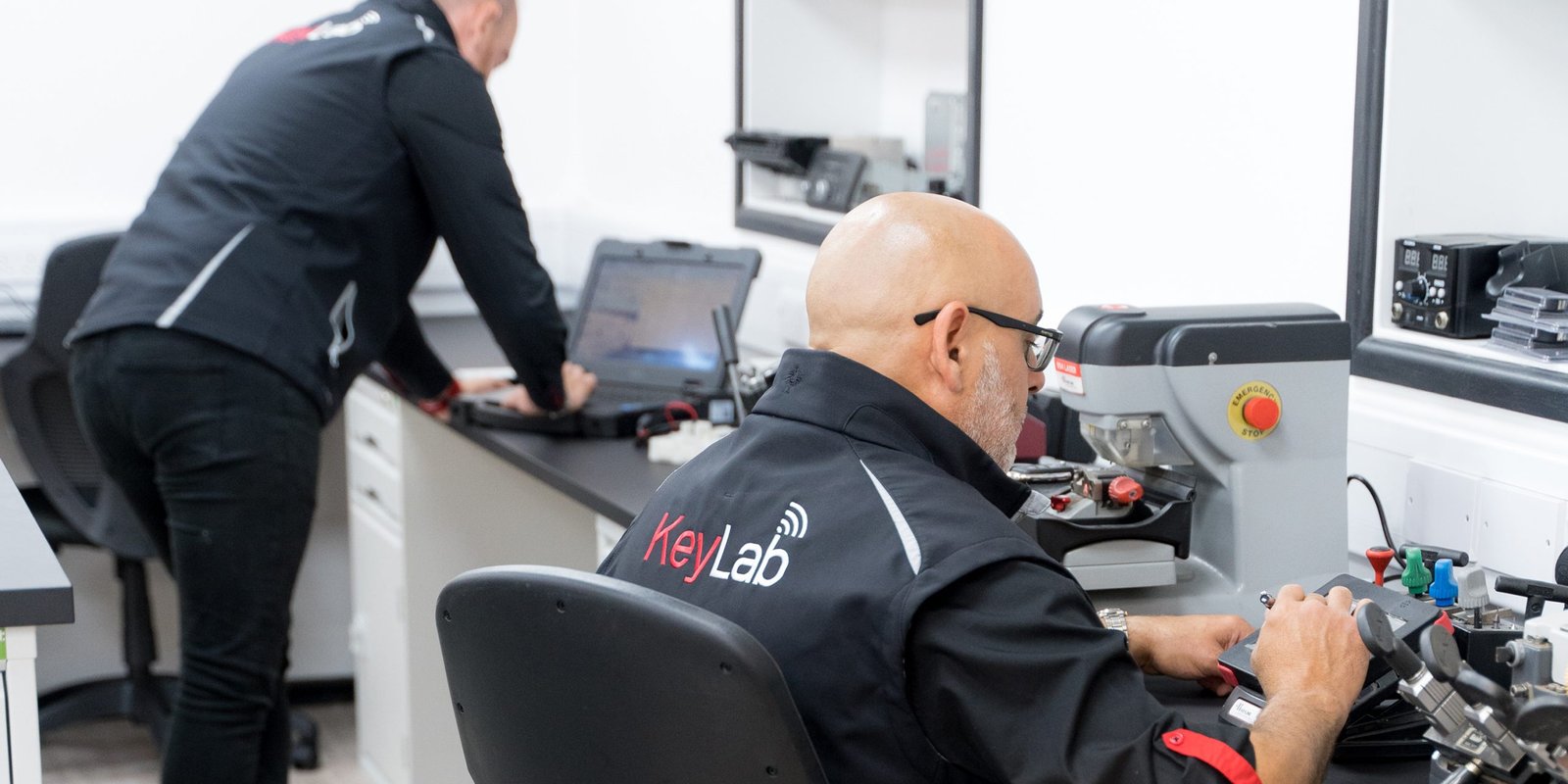You'll Never Guess This Key Replacements's Secrets

Comprehensive Guide to Car Key Replacements: Understanding Your Options
In today's fast-paced world, losing or damaging a car key is a significantly common affair. Car key replacements have progressed significantly for many years with developments in innovation, and car owners now have a variety of alternatives to think about. This short article will check out the various kinds of car keys, approaches for replacement, expense ramifications, and other important factors to consider for car key replacements.
Kinds Of Car Keys
Understanding the kinds of car keys is important for understanding the replacement options offered. Below is a summary of the different types:
| Type | Description |
|---|---|
| Standard Key | A non-electronic key that mechanically unlocks and ignition. |
| Transponder Key | A key embedded with a microchip that communicates with the car's ignition system for added security. |
| Key Fob | A push-button control utilized to unlock doors and start the engine wirelessly. Often includes a transponder chip. |
| Smart Key | Allows keyless entry and ignition, utilizing proximity sensing units and advanced technology. |
| Valet Key | A restricted key that limits access to certain functions of the vehicle, usually used by parking attendants. |
Comprehending the Replacement Process
When it comes to car key replacements, it is vital for car owners to be knowledgeable about the choices offered. The following techniques illustrate how car keys can be changed:
1. Car dealership Replacement
- Process: The vehicle owner checks out the dealership and provides evidence of ownership. The car dealership may need the Vehicle Identification Number (VIN) and additional identification.
- Pros: Trusted source, guaranteed compatibility, often consists of shows.
- Cons: Typically the most pricey alternative.
2. Professional Locksmith
- Process: A certified locksmith professional visits the car area or operates from their store. They cut and program the replacement key.
- Pros: Generally more affordable than car dealerships and can provide a range of key alternatives.
- Cons: Limited capability for some innovative keys and fobs, might not have OEM (Original Equipment Manufacturer) parts.
3. Diy (DIY)
- Process: Car owners can buy key blanks and shows sets online or from hardware shops. Follow specific guides for shows.
- Pros: Cost-effective and convenient.
- Cons: Risk of mistakes, lack of expert quality, and possible security issues.
4. Mobile Key Cutting Services
- Process: Mobile services concern your place to cut and program keys.
- Pros: Convenient and often more economical.
- Cons: May need a waiting period, and prices differ based on distance and service quality.
5. Insurance coverage Coverage
- Process: Some vehicle insurance coverage cover losses due to taken or lost keys.
- Pros: Potentially considerable expense savings.
- Cons: Coverage limitations and potential deductibles could apply.
Elements Influencing Replacement Costs
The expense of replacing a car key can differ commonly depending on numerous aspects, such as:
- Type of Key: Traditional keys are typically cheaper to replace than transponder keys or clever keys.
- Design and Make of Vehicle: Luxury and newer designs might have higher replacement expenses due to sophisticated innovation.
- Area: The typical market rates for locksmith services or dealerships can influence prices.
- Key Programming: Programming expenses may be separate from key cutting costs.
Here's a basic breakdown of replacement expenses:
Estimated Costs of Car Key Replacement
| Key Type | Estimated Cost Range |
|---|---|
| Conventional Key | ₤ 5 - ₤ 25 |
| Transponder Key | ₤ 50 - ₤ 300 |
| Key Fob | ₤ 50 - ₤ 600 |
| Smart Key | ₤ 200 - ₤ 600 |
| Valet Key | ₤ 10 - ₤ 30 |
Necessary Considerations
While checking out car key replacements, it's crucial to take note of the following:
- Proof of Ownership: Always have documentation that shows ownership when looking for a replacement.
- Security Concerns: Keep in mind that lost keys posture security risks; if there's an issue, consider rekeying locks.
- Guarantee and Insurance: Check if your car is under warranty and if it covers key replacements.
- Future Security: Consider updating to more protected alternatives like smart keys if your vehicle supports it.
Frequently Asked Questions About Car Key Replacements
Q1: Can I replace my car key myself?A1: Yes, it is possible to replace your car key yourself, especially if you order key blanks and have programming tools. Nevertheless, ensure you follow directions properly to prevent complications.
Q2: How long does it require to replace a car key?A2: Replacement time depends on the approach utilized. Dealers might take longer due to shows, while mobile locksmith professionals can typically do it on-site within minutes.
Q3: What should I do if I lost my car key?A3: If you lose your car key, assess your needs and choose a replacement approach. Consider calling a locksmith professional or your vehicle's dealership for next actions.
Q4: Are replicate keys thought about replacements?A4: No, duplicates are copies of existing keys, while replacements are brand-new keys made when the initial is lost, broken, or not working.
Q5: Will my car's alarm system be affected if I replace the key?A5: It depends upon the key type. Usually, an effectively set replacement will not impact the alarm. Nevertheless, Find Out More might need to be synced or programmed to the alarm system.
Car key replacements are more simple than they have ever been, yet understanding the numerous choices and their implications can save time and money. By acquainting oneself with the types of keys, the replacement procedure, and possible costs, car owners can browse this challenge with higher ease. Whether opting for a car dealership, locksmith professional, or a DIY method, remaining informed guarantees smarter decisions for securing car access.

